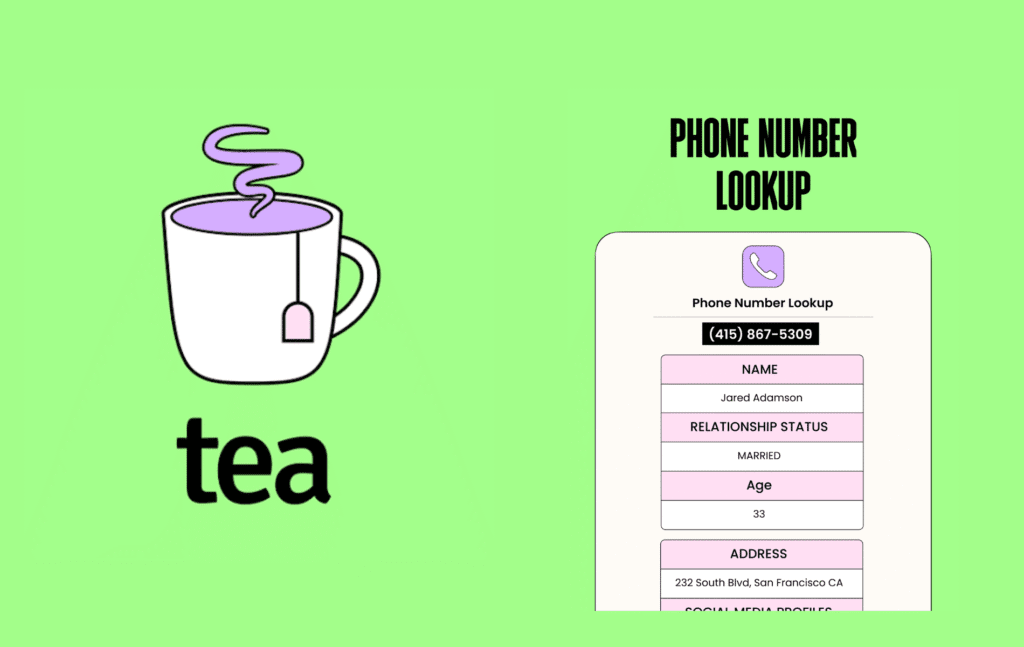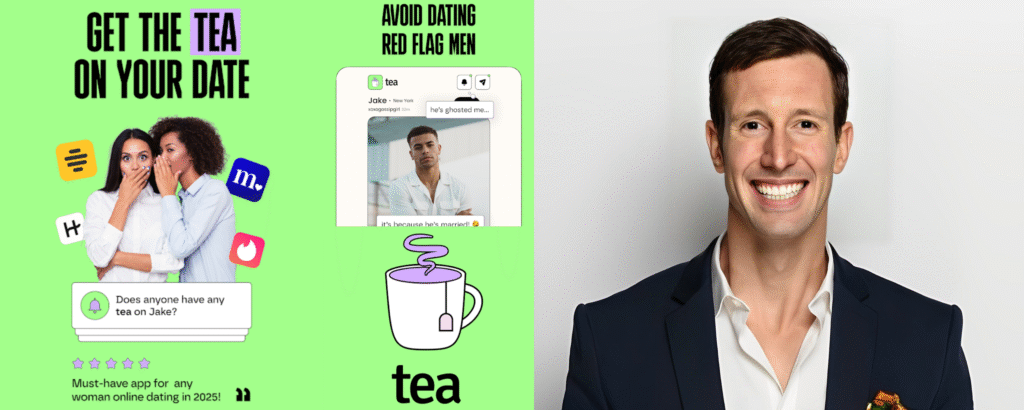The Tea App, the women-only dating platform, suffers major data breach exposing 72,000 private images.
Tea, the women-only dating-safety app founded by Sean Cook in 2022 following his mother’s troubling online-dating scare, surged in popularity recently—only to become the target of a significant data breach. The tea app data breach, first reported on the notorious forum 4chan, exposed roughly 72,000 private user images. These included 13,000 selfies and ID verification photos, as well as 59,000 images shared in public posts, comments, and direct messages.
Previously recognized as a trusted platform, the tea dating advice app had risen rapidly in popularity, achieving top rankings on Apple’s U.S. App Store lifestyle charts. Features such as reverse image search, detailed background checks, and community feedback—allowing users to flag dating experiences as safe or risky—positioned Tea as a secure digital space for women.
Days after ranking #1 in the app store, the Tea app experienced a massive data breach today. The app enables women to leave anonymous reviews of men they go on dates with. Here’s what we know about the app and founder Sean Cook. pic.twitter.com/wPGGlSu8gu
— Dossity Intel (@DossityIntel) July 26, 2025
According to Tea representatives, the breach specifically affected users registered before February 2024. They assured that personal contact information, like emails or phone numbers, remained uncompromised. Tea’s response includes hiring third-party cybersecurity experts who are currently working to reinforce app security measures around the clock, addressing concerns highlighted on platforms such as tea app reddit and tea app leak reddit discussions.

Despite these efforts, the breach has intensified debates over the app’s approach to safety. Critics have labeled its community-driven model as “digital vigilante justice,” raising concerns about possible defamation and invasion of privacy, especially for individuals discussed anonymously.
This incident casts an ironic shadow over Tea, an app specifically designed to protect women from online harm, now facing scrutiny as a potential privacy risk. Observers and users alike await Tea’s next moves in regaining public trust and establishing stronger privacy protections.
“When an app built to protect you ends up casting its own shadow of doubt.”




